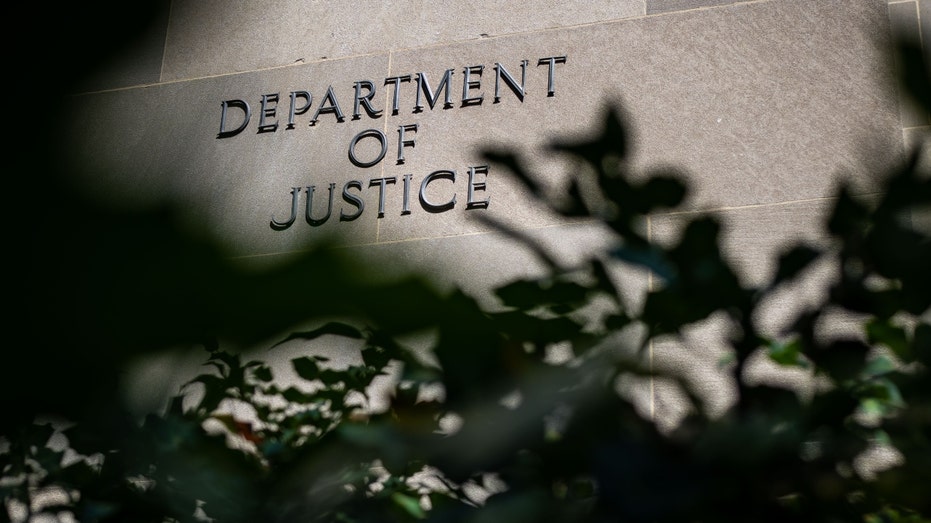Activision Blizzard settles with DOJ over competitive balance tax for esports players
Video game giant dropped plans for competitive balance tax for 'Call of Duty,' 'Overwatch' players in 2021
Microsoft's merger plan with Activision Blizzard in doubt: Polcari
Meridian Equity Partners Senior Managing Partner Jonathan Corpina and SlateStone Wealth Chief Market Strategist Kenny Polcari discuss if the predicted earnings recession will ever kick in on "The Claman Countdown."
The Department of Justice announced Monday that it settled its 2021 lawsuit against Activision Blizzard, which claimed the video game giant's previous plans to allow a special tax would limit players' salaries.

The DOJ on Monday reached a settlement with video game giant Activision Blizzard in a 2021 lawsuit over a proposed tax for esports players. (AP Photo / Jae C. Hong / File / AP Images)
The agency complained that two independently owned esports teams in Activision-owned "Call of Duty" and "Overwatch" leagues implement a so-called competitive balance tax – which works like a luxury tax in traditional sports leagues – alleging that the tax "effectively operated as a salary cap, penalized teams for paying e-sports players above a certain threshold and limited player compensation in these leagues."
‘MILLION DOLLAR LISTING’ STAR JOSH ALTMAN: ‘MANSION TAX’ IS CHASING PEOPLE OUT OF LA
"Video games and esports are among the most popular and fastest growing forms of entertainment in the world today, and professional esports players—like all workers—deserve the benefits of competition for their services," said Assistant Attorney General Jonathan Kanter of the Justice Department’s Antitrust Division in a statement. "Activision’s conduct prevented that from happening."

The Department of Justice has reached a settlement with Activision Blizzard over a 2021 lawsuit the agency filed against the video game titan. (Kent Nishimura / Los Angeles Times via Getty Images / File / Getty Images)
But the DOJ said it had worked out a deal with Activision that addressed the agency's "competition concerns." The company does not admit guilt but has agreed not to impose such a tax or limit player salaries. A federal judge still has to sign off on the agreement.
WHAT TO KNOW ABOUT TAXES ON THIRD-PARTY PAYMENT PROCESSORS LIKE VENMO, CASHAPP, PAYPAL
Activision stated that when it created it esports leagues, the company "wanted to create viable career opportunities for the players requiring minimum salaries and mandatory benefits as part of player contracts. As a league, we also wanted our products to be competitive, so we carefully designed and implemented the Competitive Balance Tax."

An employee tests a version of "Call of Duty" on Oct. 21, 2022, at Activision Blizzard, Infinity Ward Division, in Woodland Hills, California. (AP Photo / Allison Dinner / AP Images)
"We have always believed, and still believe, that the Competitive Balance Tax was lawful, and it did not have an adverse impact on player salaries," the company said in a statement Monday.
GET FOX BUSINESS ON THE GO BY CLICKING HERE
"The tax was never levied, and the leagues voluntarily dropped it from our rules in 2021," the statement continued. "We remain committed to a player ecosystem with fair pay and healthcare and continue to have the least restrictive player mobility compensation system across all of the major sports leagues."
Reuters contributed to this report.





















